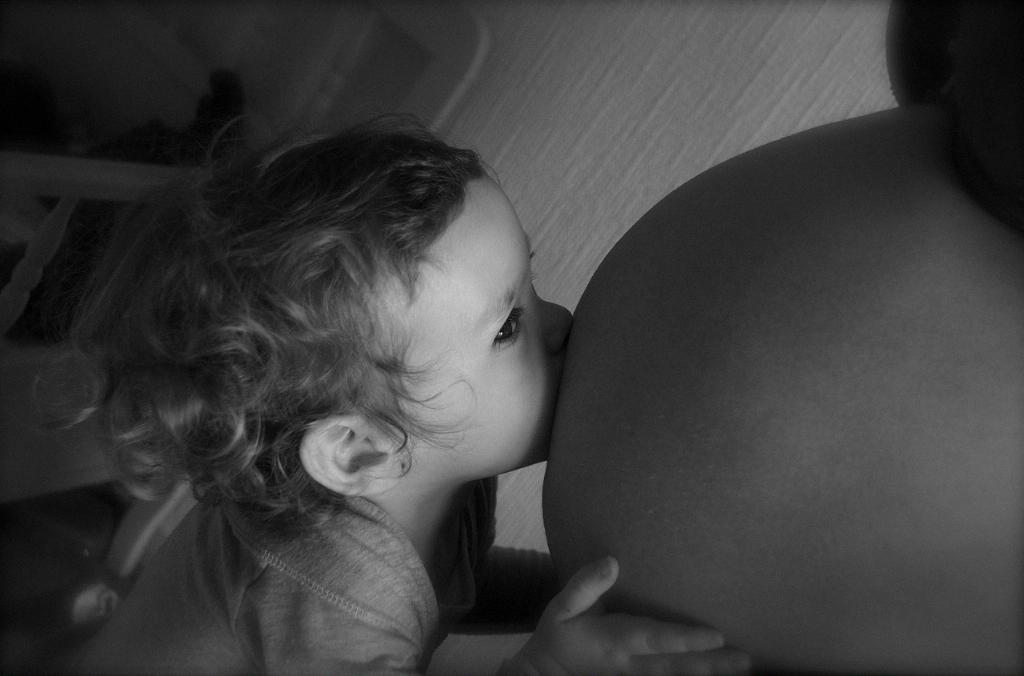One of the many mysteries of pregnancy is the onset of cravings. It’s worth noting that the timing of when pregnancy cravings start can vary greatly from woman to woman. Some expectant mothers may not experience cravings at all, while others may find themselves yearning for specific foods almost immediately after conception.
For those who do experience pregnancy cravings, the first trimester, typically spanning from one to three months, is often when these cravings become more pronounced. This early stage of pregnancy is not only a time of rapid physical changes within the body but also a period where hormonal fluctuations can significantly influence a woman’s appetite and taste preferences.
Interestingly, some women report beginning to experience cravings surprisingly early in their pregnancies. In fact, a few women have shared that they started to crave certain foods as early as five weeks into their pregnancy. This early onset of cravings can catch some women off guard, particularly if they weren’t expecting to feel such strong urges for specific foods so soon after conception.
The reasons behind the emergence of pregnancy cravings are multifaceted and not entirely understood. Hormonal shifts, altered taste perceptions, nutrient deficiencies, and heightened senses of smell are all believed to play a role in the development of cravings during pregnancy. Additionally, psychological factors, cultural influences, and even past eating habits can also contribute to the types of foods pregnant women find themselves longing for.
It’s important to remember that pregnancy cravings are entirely normal and are experienced by a large percentage of expectant mothers. However, the intensity and frequency of these cravings can vary significantly among individuals. Some women may only experience mild cravings for certain foods, while others may have intense, incessant desires for specific flavors or textures throughout their pregnancies.
It’s crucial for pregnant women to listen to their bodies and pay attention to their cravings, as these urges can sometimes be a way for the body to communicate its nutritional needs. While it’s perfectly fine to indulge in occasional cravings, it’s equally important to maintain a balanced and nourishing diet throughout pregnancy to ensure both the well-being of the mother and the developing baby.
Seeking out healthy alternatives to satisfy cravings, such as choosing nutrient-rich foods over highly processed or sugary options, can help support the nutritional requirements of pregnancy while still indulging in the occasional treat. Consulting with a healthcare provider or a registered dietitian can also provide valuable guidance on managing cravings in a way that promotes optimal maternal and fetal health.
Ultimately, the timeline for when pregnancy cravings begin is a highly individualized experience. Some women may find themselves yearning for pickles and ice cream from the moment they see those two pink lines on a pregnancy test, while others may not feel any strong urges for specific foods until later in their pregnancies. Regardless of when cravings start, embracing this unique aspect of pregnancy can be a fun and fascinating journey for many expectant mothers.
As with all aspects of pregnancy, it’s essential to approach cravings with balance and mindfulness. Enjoying the occasional indulgence while prioritizing a well-rounded diet can help expectant mothers navigate the often unpredictable world of pregnancy cravings with both joy and nutritional wisdom.

